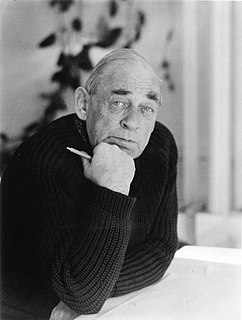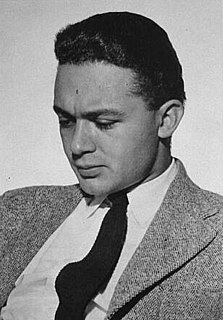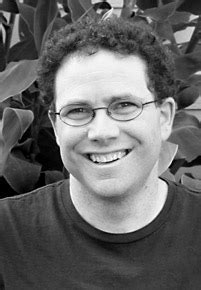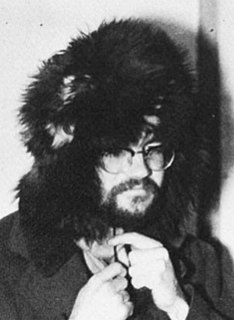A Quote by Paul Strand
The documentary photographer aims his camera at the real world to record truthfulness. At the same time, he must strive for form, to devise effective ways of organizing and using the material. For content and form are interrelated. The problems presented by content and form must be so developed that the result is fundimentally [sic] true to the realities of life as we know it. The chief problem is to find a form that adequately represents the reality.
Quote Topics
Related Quotes
Through death you find yourself, because you no longer identify with form. You realize you are not the form with which you had identified neither the physical nor the psychological form of "me". That form goes. It dissolves and who you are beyond form emerges through the opening where that form was. One could almost say that every form of life obscures God.
Good design is not about form following function. It is function with cultural content. By adding "cultural content" to the concept of "form follows function," objects cease to be finite or predictable. Maybe the right way to interpret the dictum is to first acknowledge that the function needs to be clearly understood before the form is considered.
Strive for perfection - never be content with mediocrity. You don't win until you conquer the little flaws. You don't beat these great ones until your form is perfect. This is true in all of life. A flaw in a product can ruin a business. A personal failing, a little one, can ruin a person's life. Don't be content with mediocrity - strive to live up to the greatest within you.
When you work in form, be it a sonnet or villanelle or whatever, the form is there and you have to fill it. And you have to find how to make that form say what you want to say. But what you find, always--I think any poet who's worked in form will agree with me--is that the form leads you to what you want to say.




































